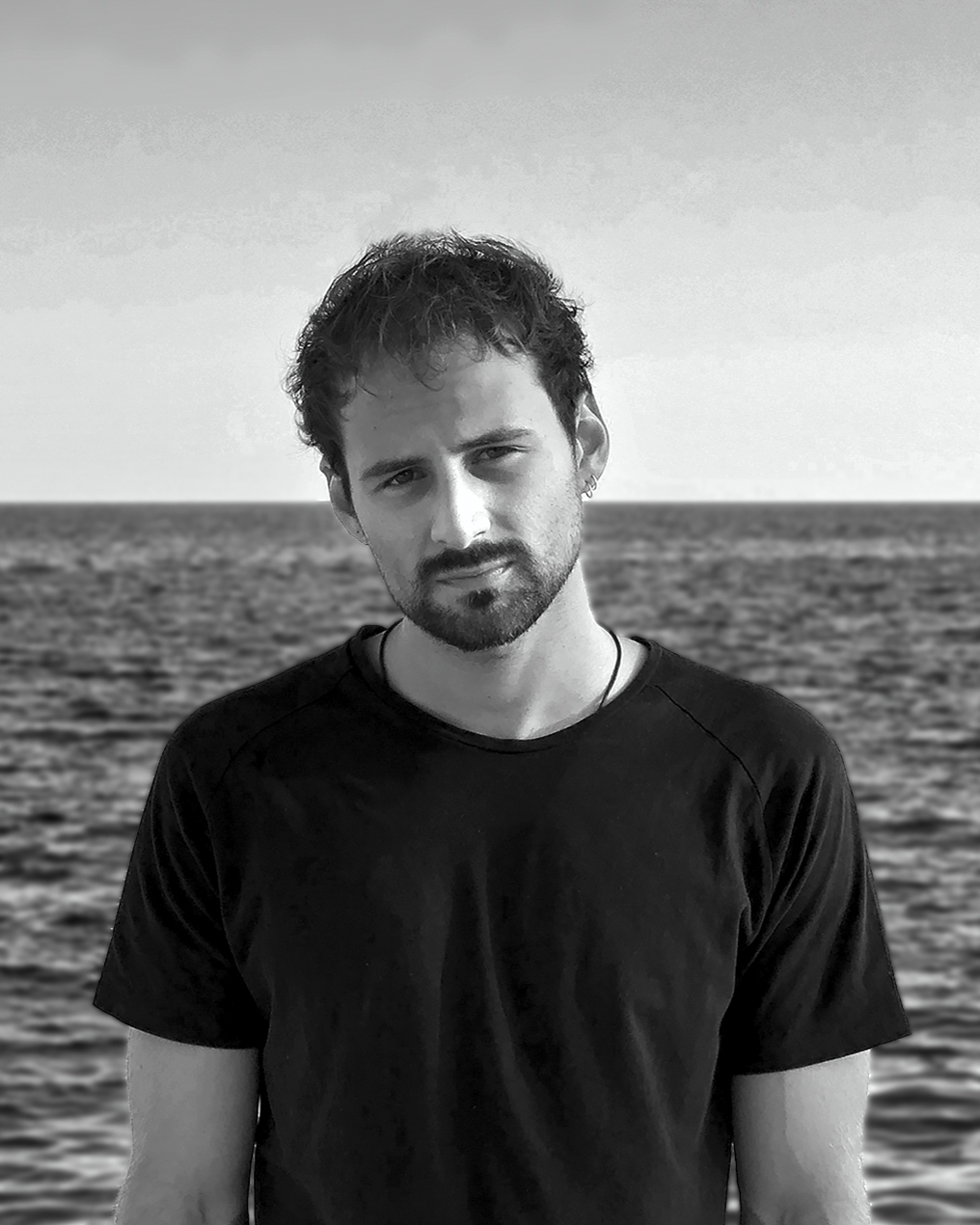
Ostra - Lamp made by the ocean
Price: € 1500
Ostra is a ceramic-like biomaterial made of waste oyster shells. Through sustainable product/system design principles, Ostra is designed in a closed loop that aims to aid regenerating the natural systems of our world. The material was realised by closely mimicking the natural formation of shells.

What?
Biomaterial Lamp Design
Ostra is a ceramic-like biomaterial developed from discarded oyster shells. It addresses and modifies the current oyster operational system and supply chain, resulting in a circular economy. Working with waste oyster shells from local restaurants, the design disrupts oysters from reaching landfill sites through a beautiful and innovative lamp design, providing various social and environmental benefits. Ostra lamp is a suggestion/statement for what this material is capable of through sustainable product/ system design.

Why?
Oyster shells are a great source of Calcium Carbonate (CaCO₃), an essential ingredient commonly used in cement and concrete, an industry whose mining and production accounts for 8% of global emissions. While CaCO3 is extracted from a non-renewable resource such as limestone, waste oyster shells are thrown, unwashed near beaches and landfills, where they decompose, emit a bad odour, and pollute the environment.
In contrast to cement and concrete, where Calcium Carbonate is fired at high temperatures to produce Calcium Oxide, consuming large amounts of energy, and generating emissions, the final product of Ostra is a natural bio-composite that is both recyclable and biodegradable.
Ostra uses waste as a resource to combat the oyster shell waste stream. This alternative feedstock, which would otherwise be lost, could now be used to create functional ecosystems. It proposes a new concrete-like material derived from calcium carbonate and seaweed extract, both of which are renewable resources.
Using these valuable by-products of the fishing and food industries could encourage oyster and seaweed farming. This in return could supply even more material while also providing numerous social and ecological benefits such as massive seawater filtration, carbon dioxide capture, water acidity regulation, and biodiversity enrichment, all of which contribute to a thriving ecosystem.
Biomaterial Ceramic
What? The biomaterial was created by closely mimicking the formulation process of oyster shells in their natural environment using a biological process known as "M.I.C.P." (Microbially Induced Calcium Carbonate Precipitation). Following extensive research and experimentation, a particular seaweed extract was developed that reacted extremely well with the residual oyster shell powder. This extract acts as a binder when mixed with the oyster shell powder, enabling it to be compressed and cured in the desired form.
At the product’s end of use, the material can be reclaimed by being grounded into powder and recycled into more products by re-mixing it with the binder.
After the form is created, the calcium carbonate in the lampshade continues to further react with the biopolymer binder, collecting carbon dioxide from the atmosphere and forming microcrystals in its structure, increasing its density and mechanical properties. Ostra can then be waterproofed by coating it with natural wax.

Markos Georgiou
Markos is an award-winning multidisciplinary designer renowned for his revolutionary work in the field of art and design. Of Cypriot and Serbian descent, he studied and lived in Cyprus, Barcelona and in the United Kingdom. He is a graduate from Brighton University, holding a BSc in Product Design and Technology, as part of the Other Today Studio, a circular and distributed design studio in London. He is currently expanding his studies by pursuing the MA Design Products at the Royal College of Art.
Through a multidisciplinary approach, his main objective is to solve problems by designing intelligent solutions, considering all aspects of good and sustainable design, rethinking the way we live, interact, produce and consume. He aims to combine subjectivity and objectivity to develop disruptive products and systems, and his primary goal is “responsible design”.
Some of his current design work includes furniture, lighting, new materials, tools & processes, and system design.
“I believe in changing the world through design that is respectful to the environment, society and future generations, creating holistic products and solutions that are honest and functional, through a process that is equally creative as rational.”
In 2022 he received the prestigious Isola Design Award for ‘Material Innovation’ and his work has been featured in renowned publications like Architonic, Stir World, and Material Source.
With exhibitions at international stages including Milan Design Week, Dutch Design Week in Eindhoven, London Design Festival, and Green Product Design in Munich, Markos has established himself as a visionary force in the industry, pushing boundaries and inspiring audiences worldwide.
Website:
https://markosdesigns.com/
Email:
markosgeo20@gmail.com
Instagram:
@markos_designs

